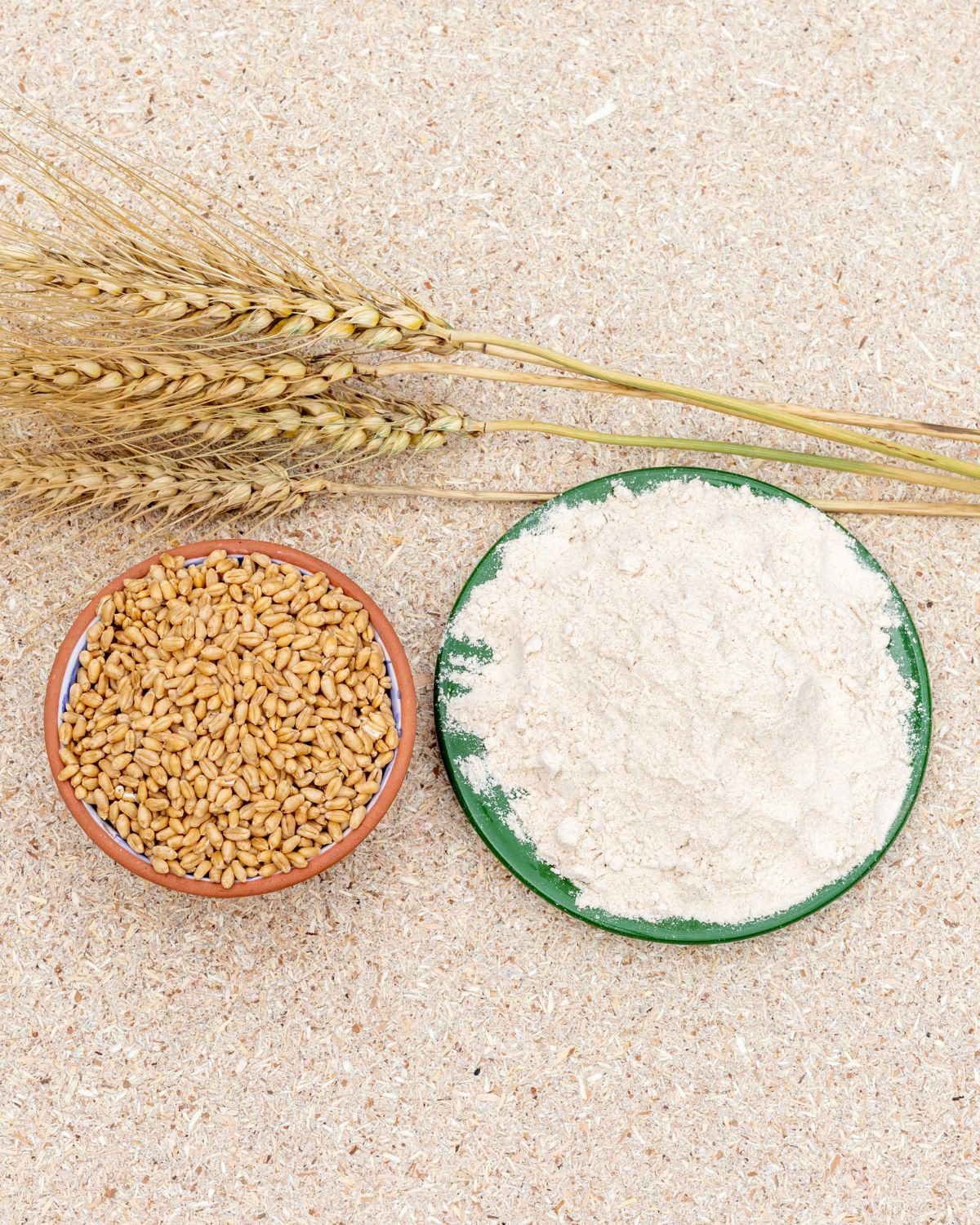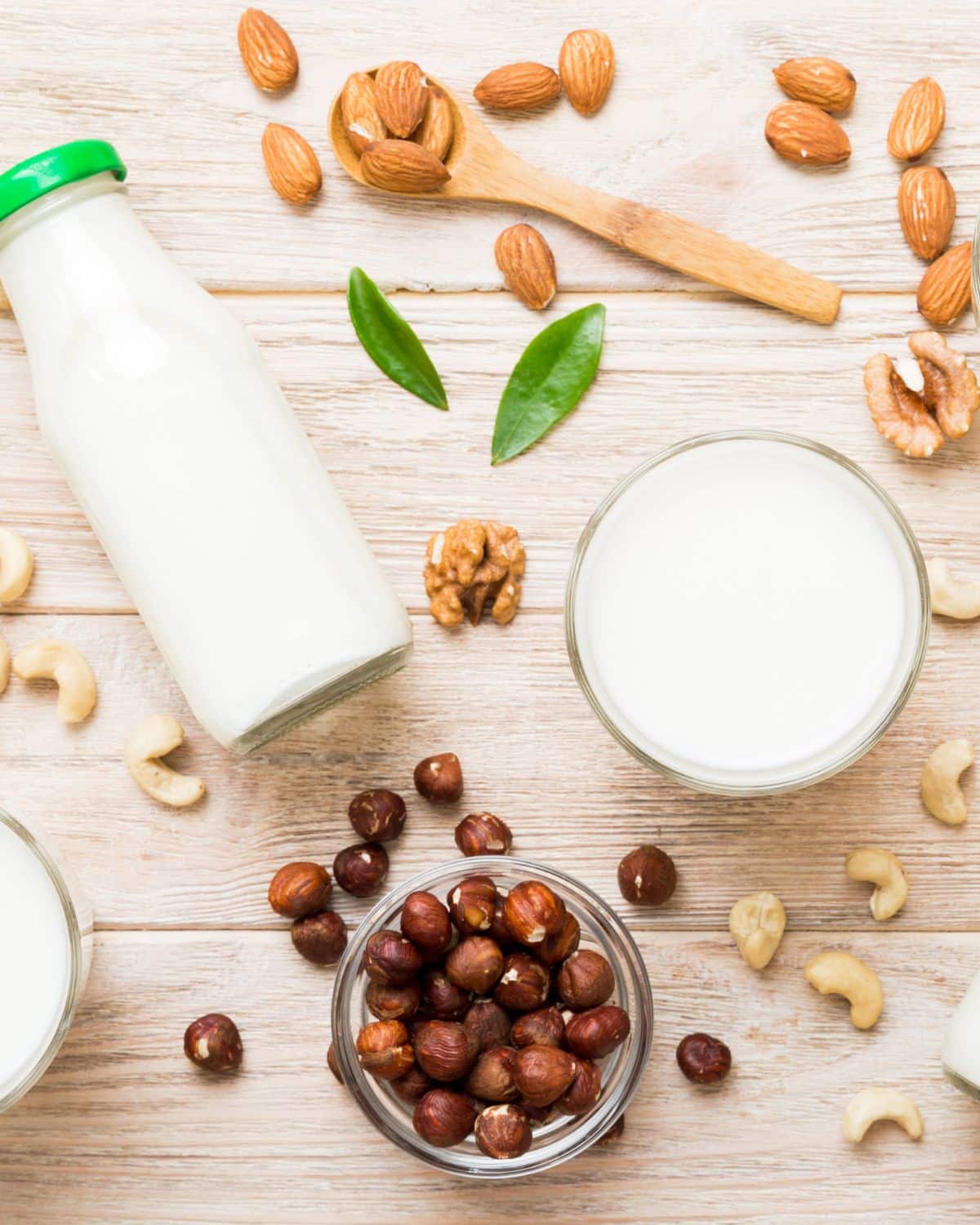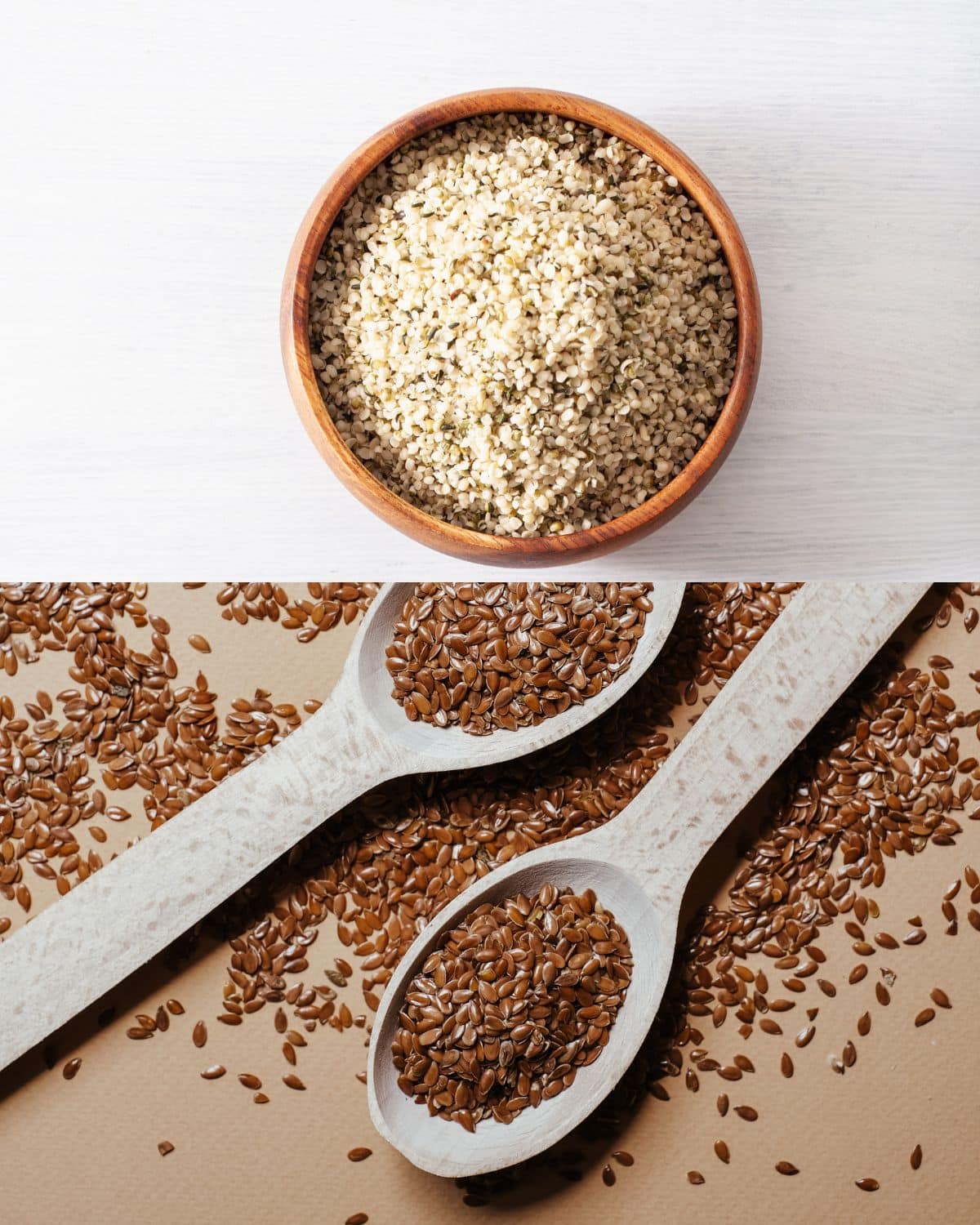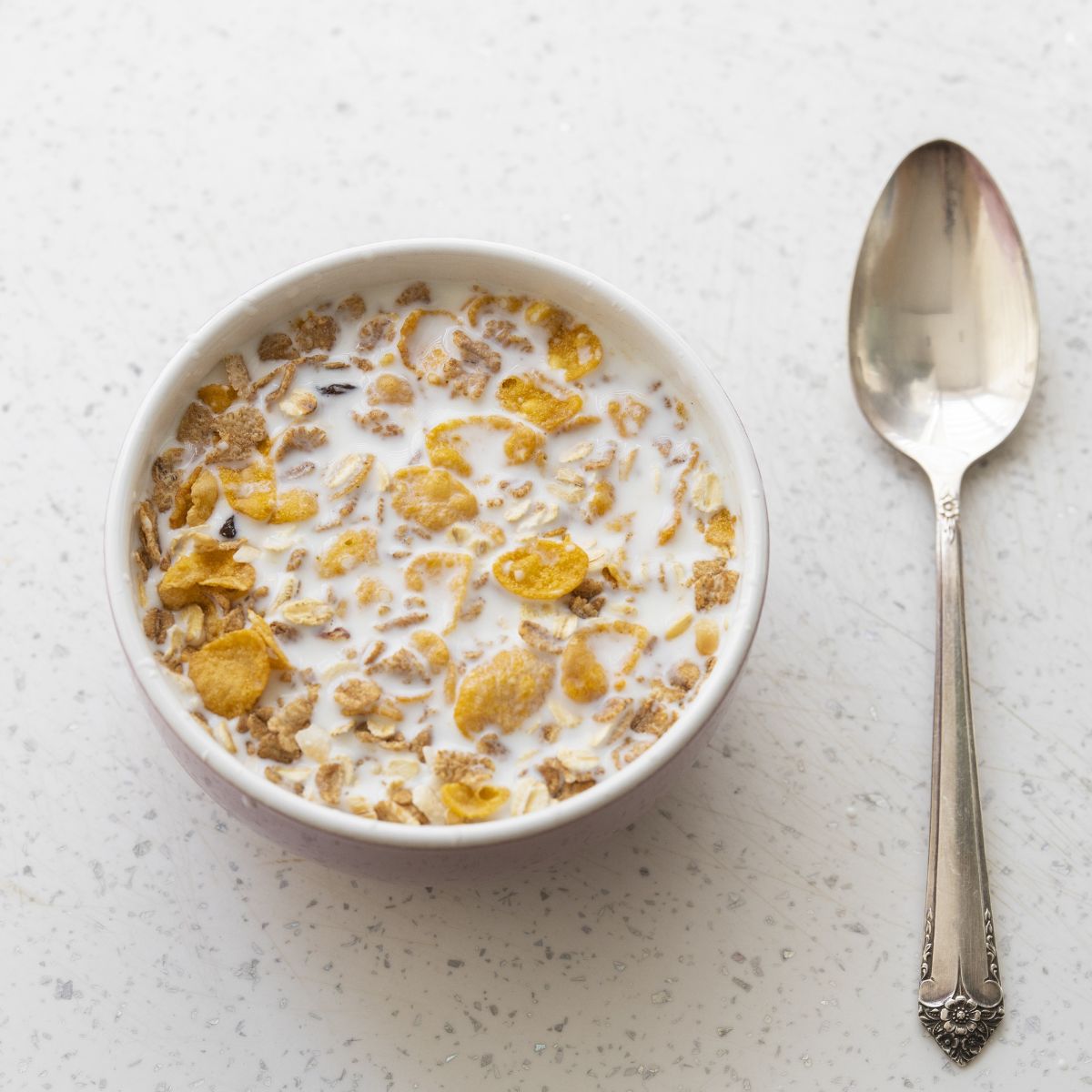Carbohydrates often get a bad rap, but they’re one of the most misunderstood nutrients in the world of nutrition. As a registered dietitian, I’m here to break down what carbohydrates are, why they’re essential, and how to include them in your diet for optimal health.
Carbohydrates 101
Carbohydrates are one of the three macronutrients essential for the body, alongside protein and fats. They’re the body’s primary source of energy, breaking down into glucose to fuel everything from physical activity to brain function within the body.
Simple vs. Complex Carbohydrates
Not all carbs are created equal. Here’s the difference:
Simple Carbohydrates
- Made up of one or two sugar molecules, making them quick to digest.
- Sources: Table sugar, honey, fruit, candy, and sweetened beverages.
Note: While some simple carbs (like fruit) offer valuable nutrients, others (like soda) provide empty calories.
Complex Carbohydrates
- Contain longer chains of sugar molecules, which take longer to digest, providing sustained energy.
- Sources: Whole grains, legumes, vegetables, and starchy foods like potatoes and quinoa.


Why Are Carbohydrates Important?
Carbohydrates play a vital role in overall health. Here’s why:
1. Energy Production - Carbs are the body’s preferred energy source, fueling your brain and muscles.
2. Supports Brain Function - Your brain relies on glucose from carbs to function efficiently, which is why cutting carbs can lead to brain fog and increased fatigue.
3. Aids in Exercise Performance - Athletes and active individuals depend on carbs to power their workouts and recover effectively.
4. Provides Fibre - Complex carbs like whole grains, fruits, and vegetables are rich in fiber, which promotes gut health, regulates blood sugar, and supports heart health.
5. Balances Blood Sugar - Pairing carbs with protein or fats can help prevent blood sugar spikes and crashes.
How Many Carbs Do You Need?
Carbohydrate needs vary based on age, activity level, and health goals. A general guideline is:
- Adults: 45–65% of total daily calories from carbohydrates.
- Athletes or Highly Active Individuals: will need a higher carbohydrate intake to meet energy demands.
Carb Sources
Incorporating a variety of carb-rich foods ensures you’re meeting your energy and nutrient needs. Try these options:
Whole Grains: Brown rice, quinoa, oats, whole-grain bread, and pasta.
Fruits: Apples, bananas, berries, oranges, and pears.
Vegetables: Sweet potatoes, carrots, broccoli, and leafy greens.
Legumes: Lentils, chickpeas, black beans, and kidney beans.
Dairy: Milk, yogurt, and kefir.
Easy Ways to Add Carbs to Your Diet
- Start Your Day Right: Enjoy oatmeal topped with fresh fruit or whole-grain toast with avocado.
- Snack Smart: Choose trail mix with dried fruit or whole-grain crackers with hummus.
- Balance Your Plate: Pair roasted sweet potatoes with grilled chicken and steamed vegetables.
- Try New Grains: Incorporate barley, farro, or bulgur into soups, salads, or side dishes.
FAQ's
Carbohydrates are the body's main source of energy, fueling your brain, muscles, and daily activities.
The Bottom Line
Carbohydrates are an essential part of a balanced diet, providing the energy your body needs to thrive.
By focusing on whole, nutrient-dense carb sources, you can support everything from brain health to athletic performance while enjoying a variety of delicious foods.













Comments
No Comments